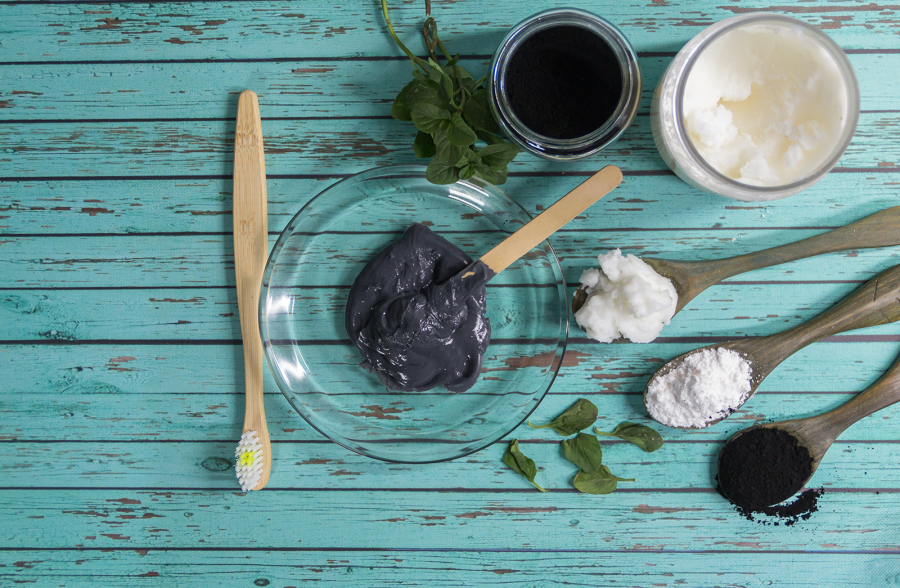Activated charcoal is a fine-grained black powder made from a variety of natural substances, such as coconut shells, olive pits, slowly burned wood, and peat. The powder becomes activated when oxidized under extreme heat. Activated charcoal is very porous and highly adsorbent. It also has a wide surface area. Unlike absorbent substances, activated charcoal’s adsorbent nature allows it to bind to toxins and odors, rather than soaking (absorbing) them up. Activated charcoal shouldn’t be confused with the charcoal you use for barbecuing.
Although similar, barbecue charcoal is manufactured to be a fuel and emits carbon dioxide when heated. It may have a carcinogenic effect on health. Activated charcoal, on the other hand, doesn’t contain these types of toxins. Activated charcoal’s adsorbent nature has been referenced in medical literature for centuries. In the early 1800s, activated charcoal started to gain prominence as a treatment for accidental ingestion of poison. Because it can stop certain types of poison from being absorbed from the gut into the bloodstream, it’s still used for this purpose today.
You can find activated charcoal in facial masks and shampoos. Because of its ability to bind to toxins, some people believe activated charcoal can whiten teeth, too.
Before you start brushing with this grainy black substance, here’s what you should know.
You can find an array of dental products containing activated charcoal on store shelves, from toothpastes to kits. Products containing this ingredient claim to remove coffee stains, wine stains, and plaque. But despite its popularity, there’s no scientific evidence backing up activated charcoal’s benefits for teeth. There is no data behind he claims that activated charcoal is safe or effective for whitening and its abrasive texture might even harm rather than whiten teeth by wearing down tooth enamel. Despite this lack of scientific evidence, some people still swear by activated charcoal’s ability to eliminate tooth stains and whiten teeth.
You can achieve a bright smile in many ways that don’t include the use of activated charcoal. Take good care of your teeth by brushing at least twice every day. Make sure to brush after consuming drinks that commonly stain teeth, such as black coffee and red wine.
If you smoke cigarettes, you’ve probably noticed that they stain your teeth. If you need another reason to quit, add getting a brighter smile to your list.
Or chat to your dentist about in chair whitening or take-home whitening trays to achieve the look in the comfort of you home
Activated charcoal has some proven uses, but teeth whitening isn’t one of them. If you do decide to try activated charcoal to whiten your teeth, use it only in moderation. Activated charcoal is abrasive and shouldn’t be used long term, as it can erode tooth enamel.
Talk to your dentist to see if this treatment is safe for you to try. They can also discuss other alternatives for you.


